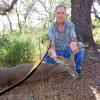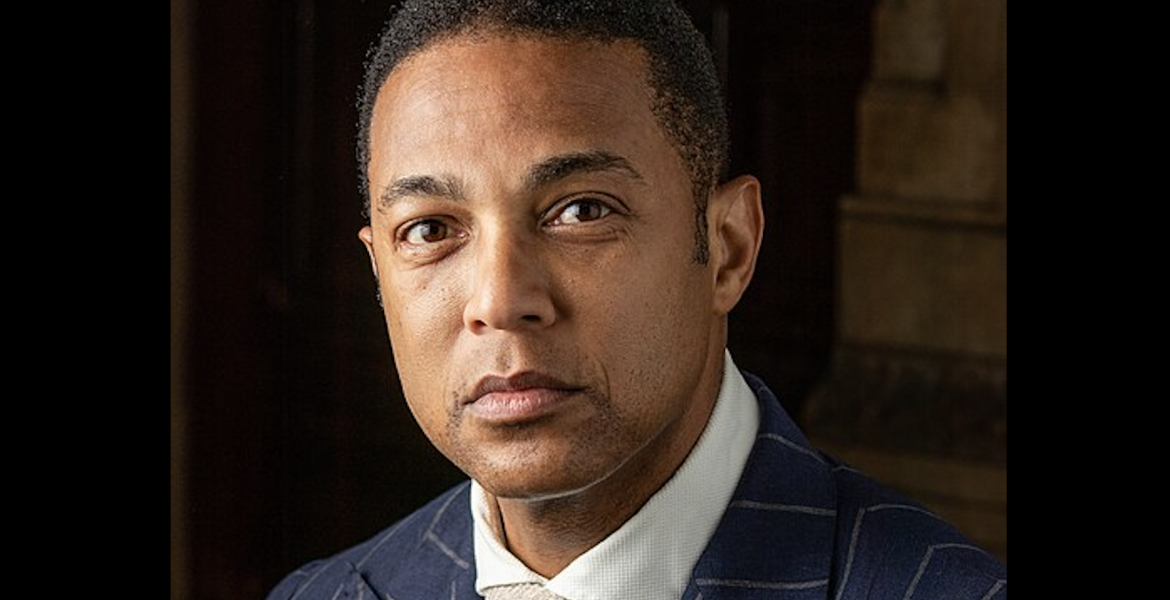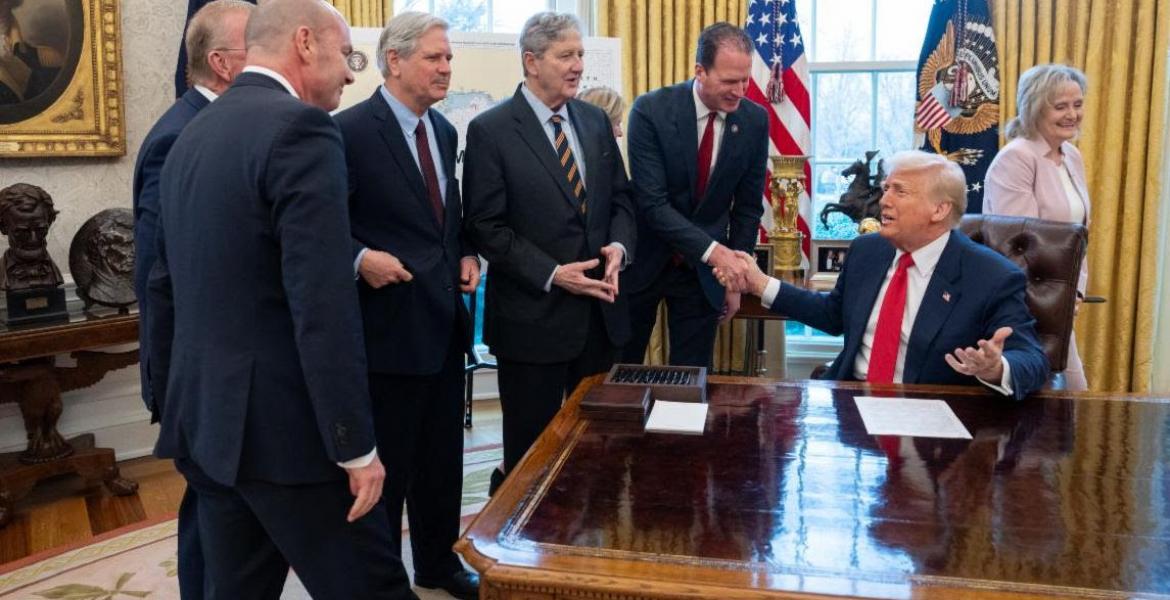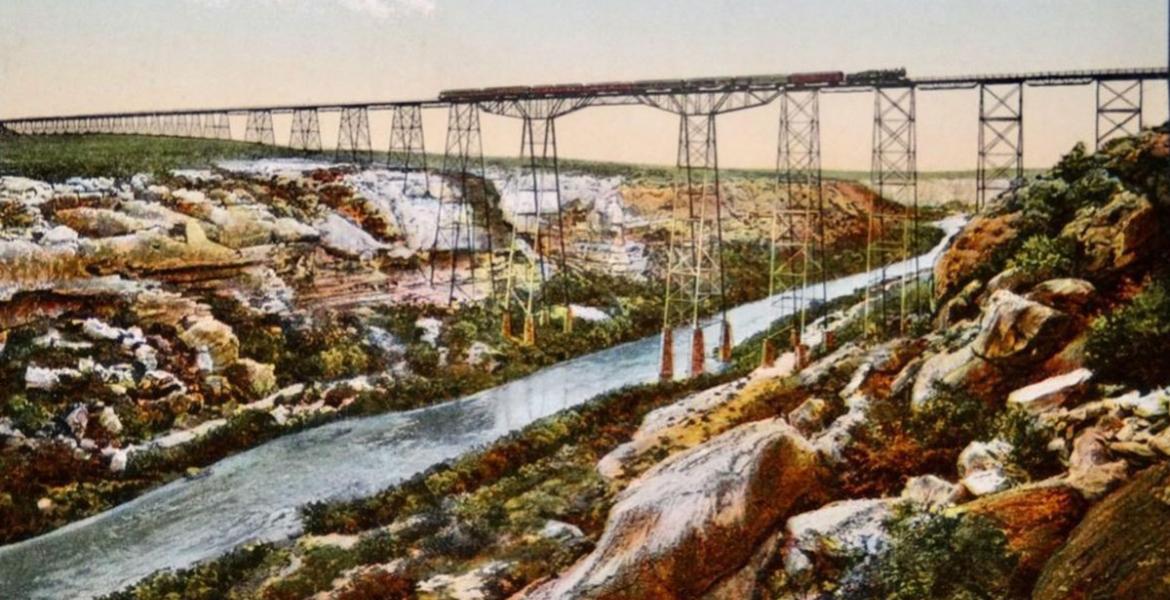OPINION — Eight people died on Mt. Everest in May 1996, when an unexpected blizzard struck, trapping two groups of climbers trying to descend after summiting. The tragedy was the worst ever on the mountain at the time, and received widespread media attention. During a press conference about the event, reporters kept asking one of the speakers why the climbers didn’t turn around on their way to the top when it looked like the weather was about to get ugly. Finally the guy tried to explain it to them so they could understand, but I don’t think it worked.
He said, in effect, ‘Look, mountain climbing is an inherently dangerous endeavor, and climbing Mt. Everest is always going to be fraught with peril. Mountain climbers are not the most prudent people in the world. They take risks all the time, and those who succeed at that level of the sport have faced death many times, and lived to tell about it. So asking why they took the chances they did is an exercise in futility.’
[[{"fid":"74209","view_mode":"default","fields":{"format":"default","field_file_image_alt_text[und][0][value]":"Brandon White","field_file_image_title_text[und][0][value]":"Brandon White"},"type":"media","field_deltas":{"1":{"format":"default","field_file_image_alt_text[und][0][value]":"Brandon White","field_file_image_title_text[und][0][value]":"Brandon White"}},"attributes":{"alt":"Brandon White","title":"Brandon White","class":"media-element file-default","data-delta":"1"}}]]
Above: Brandon White
At the time I wondered how often those reporters, who were busy blaming the climbers for their own demise, flew in airplanes. Flying has become commonplace, and millions of people fly every day, but it’s still a dangerous thing to do. The difference between flying and mountain climbing is that climbers at least have some control over their fate, whereas flight passengers are entirely dependent on the pilots, mechanics, electricians, machinists, and air traffic controllers in charge of their planes. Risk is often a matter of perspective.
But risk is part of life, especially when we step onto a plane, and more especially when we climb into a helicopter. It’s been said the future, in aviation, is 30 seconds. Long-term planning stretches out to an hour and a half. I think if we considered how many parts there are on an airplane, and the fact that a successful flight, and landing, depends on every one of those many parts functioning flawlessly, we might be more reluctant to fly at all.
And helicopters are even more prone to disaster than planes. A helicopter is basically a collection of about 3,000 parts flying in loose formation, each one looking for a reason to fail. If something isn’t broken on a helicopter, wait a minute. I’m amazed those things fly at all.
Not that I think flying, even in helicopters, is a bad thing. Life is full of risk. That’s what makes it interesting. We can live our lives in boring safety if we want, but without some excitement now and then we’re not really living, we’re just surviving. I’ve flown in planes lots of times, in helicopters a little, and even once exited a perfectly functioning aircraft almost two miles in the air. So maybe I’m not the best person to give advice about how to lead a prudent existence, anyway. But to paraphrase Thoreau, I think we should worry less about dying and more about not having lived.
[[{"fid":"74210","view_mode":"default","fields":{"format":"default","field_file_image_alt_text[und][0][value]":"Dr. Robert Dittmar","field_file_image_title_text[und][0][value]":"Dr. Robert Dittmar"},"type":"media","field_deltas":{"2":{"format":"default","field_file_image_alt_text[und][0][value]":"Dr. Robert Dittmar","field_file_image_title_text[und][0][value]":"Dr. Robert Dittmar"}},"attributes":{"alt":"Dr. Robert Dittmar","title":"Dr. Robert Dittmar","class":"media-element file-default","data-delta":"2"}}]]
Above: Dr. Robert Dittmar
So when I heard about the tragic helicopter crash at Black Gap Wildlife Management Area last week, which took the lives of three Texas Parks & Wildlife employees, I was saddened, and I also realized the same thing could’ve happened to me. This particular crash, however, was more painful than hearing about an anonymous disaster, because I knew one of the men on board, and another was a long-time friend of several of my friends. Not that that makes the event worse than others, but it does make it more personal.
I didn’t know fish & wildlife technician Brandon White, and I didn’t know Dr. Bob Dittmar, although I’ve heard a lot about him through the years, since many of my friends knew him. I did know TPW biologist Dewey Stockbridge, and I’ve known his family all my life. They’re good, solid folks, the kind of people who do their jobs, go to church, and are always willing to help others when needed. They’re the kind of people you think of when you hear the term, ‘salt of the earth.’ They’re the kind of people who endure tragedy, because they don’t know how to give up or give in.
When Dewey was about five years old, he was adjusting the chain on his sister’s bike while she was sitting on it. She put her foot on the pedal without thinking, and Dewey’s finger was pulled into the sprocket by the chain. The tip of his finger was cut off. He didn’t lose much of the finger, but still.
I was talking to his mother the next day, and I asked her how he reacted to the accident. She said he acted like it was no big deal. His finger healed, he went on with his life, and that was that.
Officials don’t yet know what caused the crash, but maybe there’s some consolation in knowing they died doing what they enjoyed – serving. They weren’t just out on a joyride. TPW Executive Director Carter Smith said they were carrying out their calling to help survey, monitor, and protect the bighorns of their beloved west Texas mountains when they were killed.
As I write this I sit and think of Dewey’s family, and what they must be going through. I can’t imagine. The only thing I know is that they can be proud of Dewey, and the accomplishments of his relatively short life. Because although we don’t get to choose how we die, we do get to choose how we live. And Dewey did that very well . . .
The title of this piece is attributed to Captain Augustus "Gus" McCrae, from the Larry McMurtry book and TV miniseries, Lonesome Dove.
Subscribe to the LIVE! Daily
Required






Comments
Dewey was one of the good ones. Dealt with him for the first time when I was drawn for a hunt at Elephant Mountain. Then this poor man had to deal with me every year after, calling in to check stand-by availability for upcoming hunts. Always professional and a good guy to me, a desperate poor man trying to score another great hunt.
- Log in or register to post comments
Permalink....that was maybe....10 yrs ago (??)...running SUPER late for my drawn hunt...broken down truck, and he was as cool as Job about it....arrived, like maybe, 4 1/2 hours after 'official' check in time. Was reassuring about my late arrival...me feeling totally guilty about anyone waiting on me. So had a great hunt...almost...the pinnacle of an 'almost' hunt. Got so close to a Muley with a bow, I could FEEL his hoof clops through the soles of my boots as he bounced away from me on that last morning of the hunt. Was totally addicted after that. I think he understood, when I relayed that particular encounter. Had Muley fever after that. So he put up with me, at least 3 times a season, asking about standbys every season since. Take care Dewey.
- Log in or register to post comments
PermalinkPost a comment to this article here: